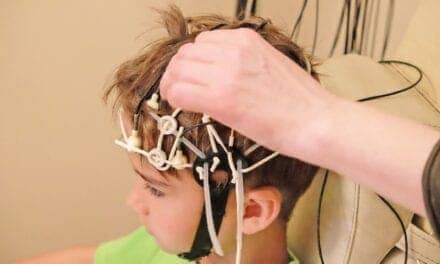EdLogics, a health education-based consumer engagement company and innovator in game-based learning, has collaborated with REMWorks Sleep Store to improve consumer knowledge of the importance of quality sleep. Health insurer Highmark Inc provided the resources to launch REMWorks to offers patient care in an innovative retail store environment.
Through this initiative, EdLogics and REMWorks have developed an incentivized, game-based health education platform that aims to improve sleep quality and teach consumers how to manage sleep health and associated costly health conditions.
“Quality sleep is a huge factor in an employee’s health and work productivity. By providing sleep health tips and tools, and incentivizing individuals to learn about the importance of sleep, we may prevent future health problems and costly claims down the road,” says Katie Colborn, Sales Manager of REMWorks Sleep Store, in a release. “EdLogics is the perfect fit to provide engaging education for our customers.”
Allegheny County of Pennsylvania employees were the first to enroll in this new program from REMWorks. The need for a platform targeting sleep improvement is clear: the Epworth Sleepiness Assessment showed that 38.1% of employees experience excessive daytime sleepiness, and the Stop Bang Sleep Assessment showed that 59.8% are at risk for sleep apnea. Only 8.5% of employees reported they felt confident making decisions regarding their health.
Allegheny County employees scored an average of 67% on theEdLogics sleep health baseline knowledge assessment, which measures health knowledge before going through the sleep health education program. By completing activities and games and learning strategies for better sleep, employees increased their average score to 95% on the sleep health final knowledge assessment—an increase of 42%.
Since Allegheny County launched the REMWorks program on September 1, 2015, employee feedback has been overwhelmingly positive. Using the health literacy platform resulted in employee’s commitment to positive behavior changes—over 70% said they will change their behavior based on what they learned.




